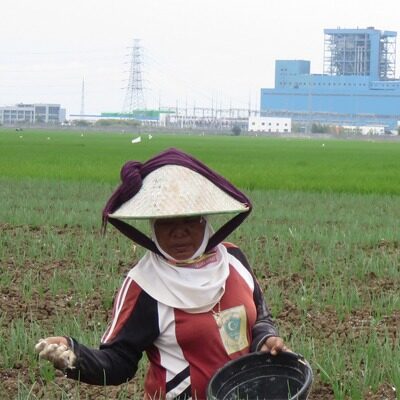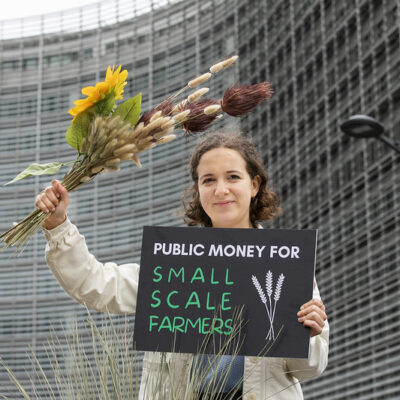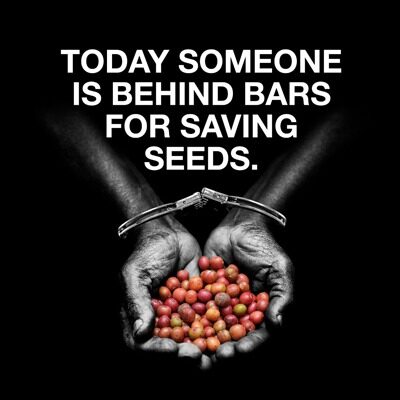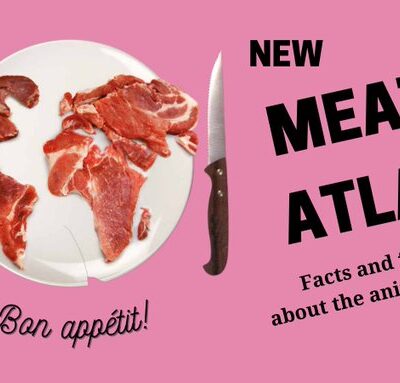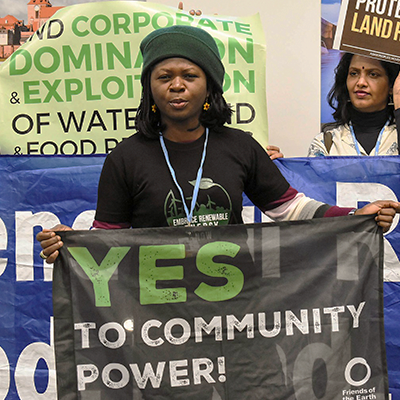
Plantations cannot feed Africa
The industrial food system, which dominates how we grow, distribute and consume food across the world, is under the control of global food and finance corporations. Their focus is to produce “agrocommodities”, such as palm oil, soy, corn and meat, for trade in global markets. Their central aim is to extract the highest profit possible. “Agrocommodity companies operate in a…



